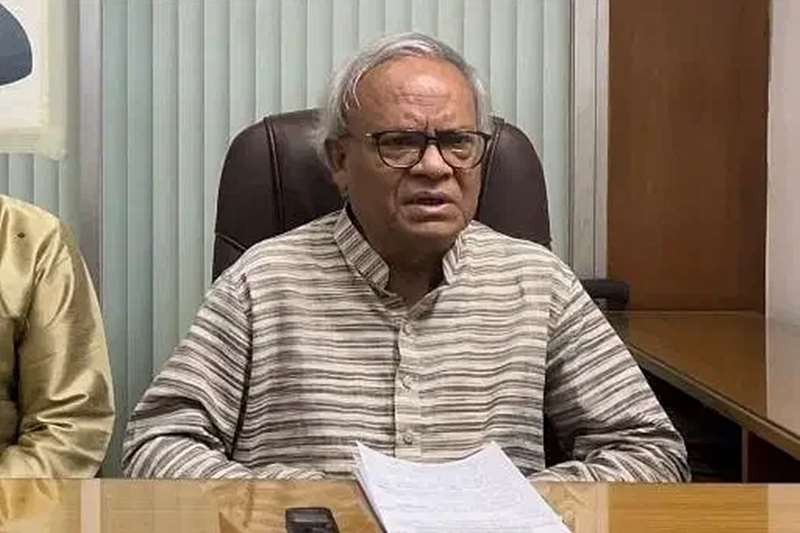Fear of grassroots conflict in upazila elections

Announcement of upazila election schedule
The announcement of the upazila election schedule in Bangladesh has ignited a flurry of activity among political circles. Unlike previous elections, this time around, there will be no party symbols, and candidates will not be nominated by political parties. Such a departure from the norm has ushered in a new era of unpredictability and heightened competition in the political landscape.
Election Schedule and Procedure
The Election Commission unveiled the schedule for the first phase of upazila elections, encompassing 152 upazilas out of the total 495 across the country. These elections are slated to take place on May 8, with nomination papers accepted until April 15. Notably, 22 upazilas will adopt Electronic Voting Machines (EVMs) for voting. The subsequent phases are scheduled for May 23, May 29, and June 5, respectively, involving elections for chairman, general vice chairman, and reserved vice chairman positions.
Absence of Party Nominations
A significant departure from tradition is the absence of party nominations, particularly impacting major political parties like the Awami League and the Bangladesh Nationalist Party (BNP). The Awami League has officially announced its decision not to participate with party symbols, thereby prompting a multitude of candidates to vie for positions independently. This decision has raised concerns about heightened conflict and factionalism at the grassroots level.
Emergence of Independent Candidates
Despite the directives from party leadership, reports suggest that some members of the Awami League and BNP are disregarding official stances and venturing into the electoral fray. This defiance underscores the internal challenges within the parties and the quest for individual political relevance.
Potential Factionalism and Conflict
The proliferation of independent candidates from within the Awami League and BNP has exacerbated fears of intra-party conflicts and intensified competition. With multiple candidates representing the same party, there is a looming specter of disunity and discord within these political entities.
BNP's Reluctance and Dissent
The BNP's stance on the upazila elections reflects a broader sentiment of disillusionment with the electoral process under the current government. Their reluctance to participate underscores a lack of faith in the fairness and integrity of the electoral system, further accentuating the prevailing political divide.
As Bangladesh prepares for the upazila elections, the absence of party nominations and the emergence of independent candidates have set the stage for a tumultuous and uncertain electoral landscape. The interplay of factionalism, conflict, and dissent within political parties underscores the complex dynamics at play, raising questions about the credibility and inclusivity of the electoral process. As the nation braces for the upcoming polls, it remains to be seen how these developments will shape the future trajectory of Bangladesh's political landscape.










পাঠকের মন্তব্য